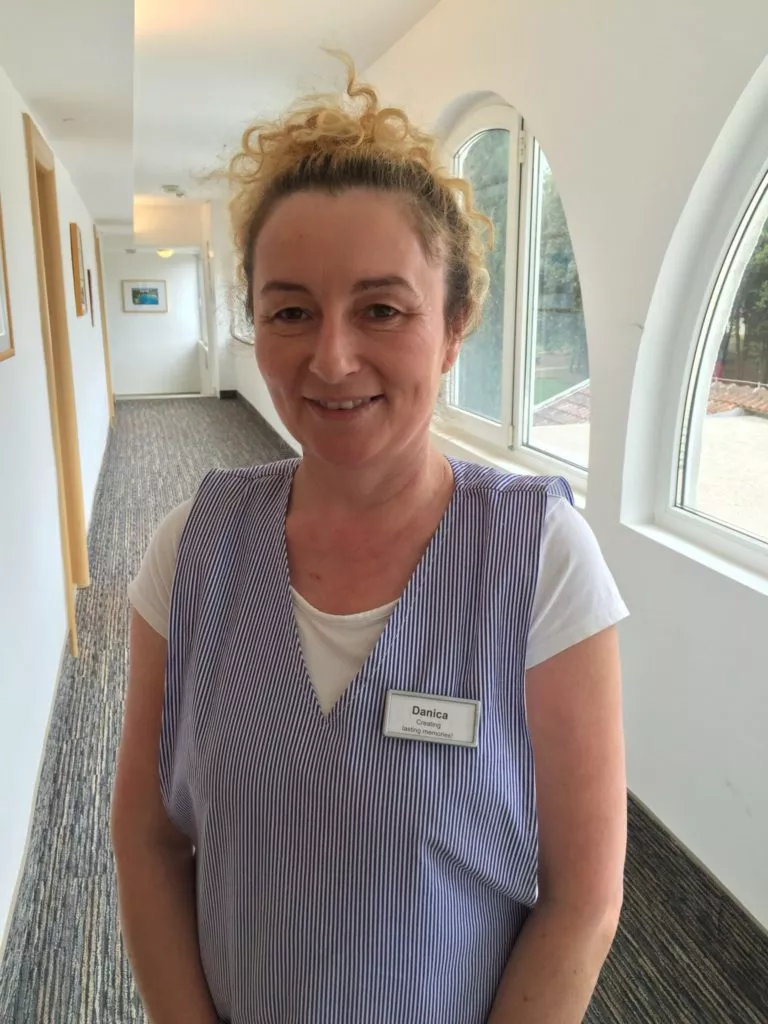
Recently, I was visiting a company to demonstrate Uplifting Service and the CEO said to me, “We want to achieve world-class standards in our service. How can your company help us get there?”
Caught between making a first good impression with the senior leader and being truthful to myself, I deliberated for a few moments before sharing my experience with his company.
“When I arrived here, the receptionist was busy with somebody and were working on her computer. I walked up, gave my name, and told her I was coming to see you. She nodded and then resumed her conversation with the other person while I stood there expecting her to say something. But she didn’t. A minute later, I was still standing in their presence, now feeling somewhat anxious. Another minute went by. She then looked up as if she suddenly remembered I was there and invited me to sit in the lobby.”
I explained to the CEO that when you get a warm welcome at a front desk, two minutes is a short wait. But when you feel ignored and left ‘in the cold’, two minutes can be unbearable.
The receptionist in any company is one of the first perception points a visiting customer encounters – and they quickly form an opinion about you and your company based upon how they are received. A smile or a polite response may seem negligible to a front desk employee whose job it is to do this everyday, but for the customer it is their first impression – and they will not give you a second chance to re-create that experience.
In a company dedicated to service excellence, it is everyone’s responsibility to identify those small things that create beneficial impressions for customers and for colleagues.
Last week I was at Tamaris Club of Valamar Hotels & Resorts, a 4-star hotel in Croatia. They have everything you would expect from a hotel of that standing. But what I had not expected was the “cleaning fairy”. I mean the housekeeping crew who make sure your room feels like a palace.

Two different experiences with one common truth – small things matter. Too often, we look out for the big things that require long term planning but do not see the opportunities right in front of us that can immediately uplift our colleagues and customers when we do them.
In the end, I said to the CEO, “So you see, world class service starts with each person finding and doing the small things right, and then doing them consistently. And then find the next thing and do that right, and then the next, again and again. Before long, it becomes a habit to keep looking for the next thing to improve.”
I am not sure if that was what he wanted to hear, since what I said was not some sophisticated management methodology. But it is something easy for everyone to understand and to start doing. You and your team can do this, too.
At Uplifting Service we do not use the term “world-class service”. We talk about service excellence and service culture this way.
Service is taking action to create value for someone else.
Service Excellence is taking the NEXT step UP to create more value for someone else.
Service Excellence Culture exists when everyone puts this to work everyday.
Here are some questions for you to reflect on today:
What are the small things you should start doing, continue doing, and stop doing on a personal level and at an organizational level? How will making these changes improve the experience you provide for someone else?



